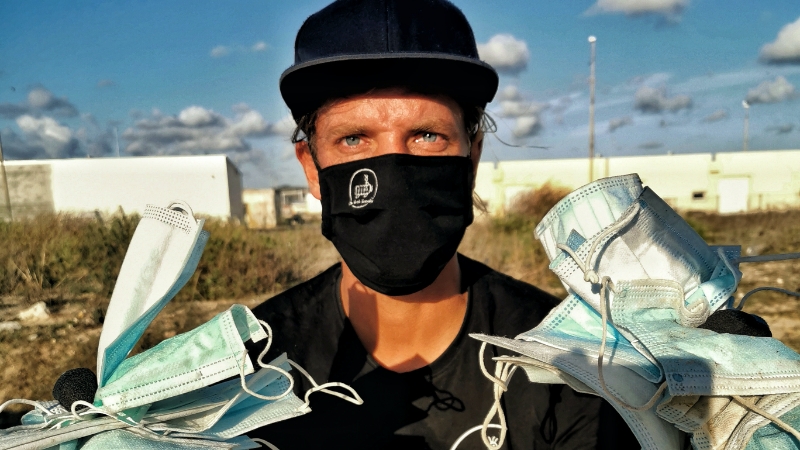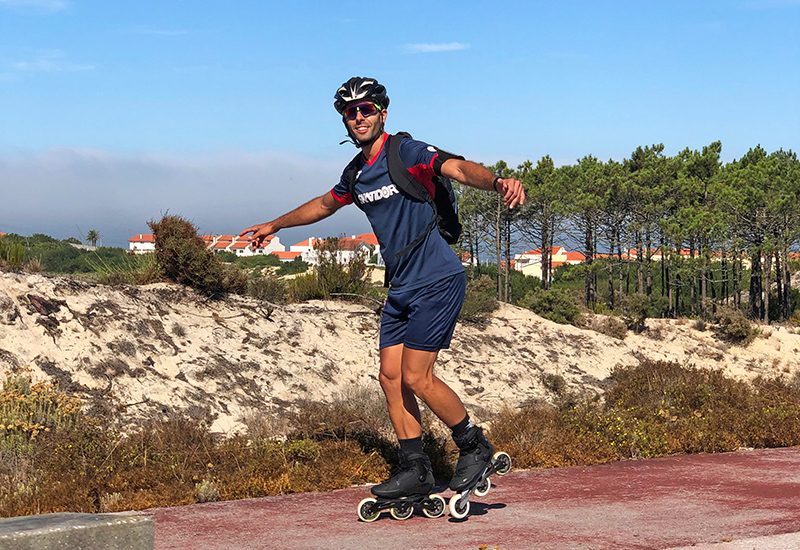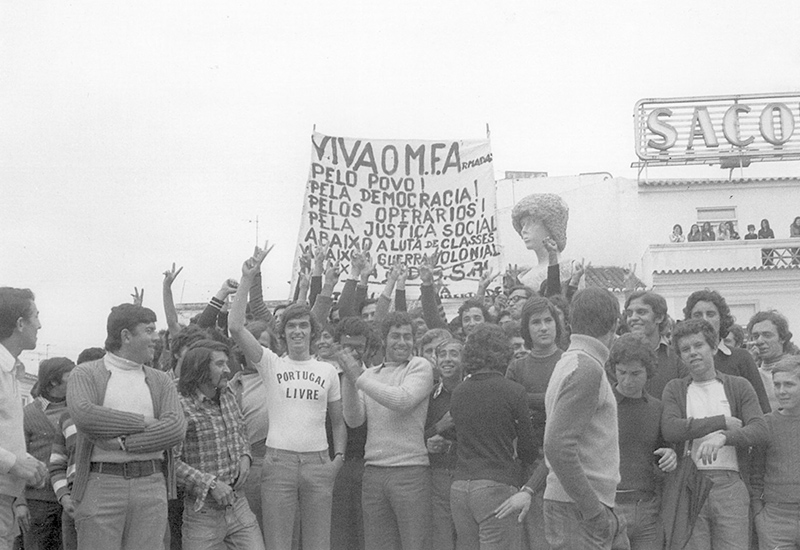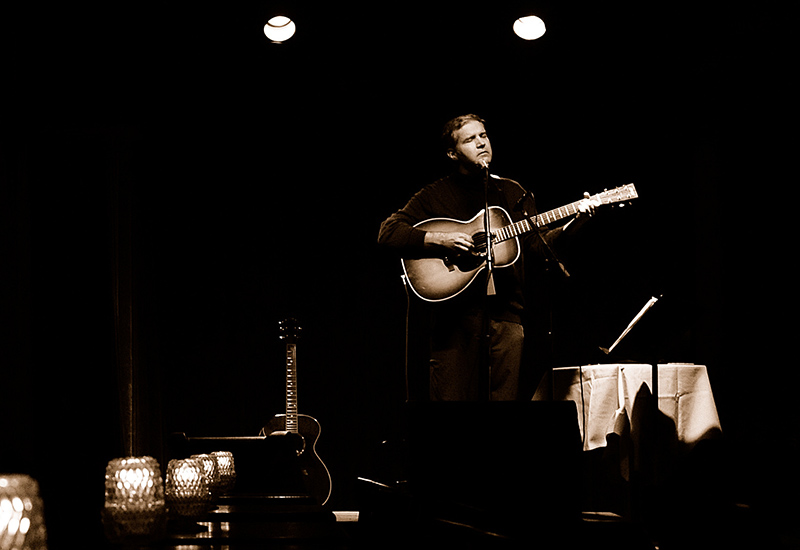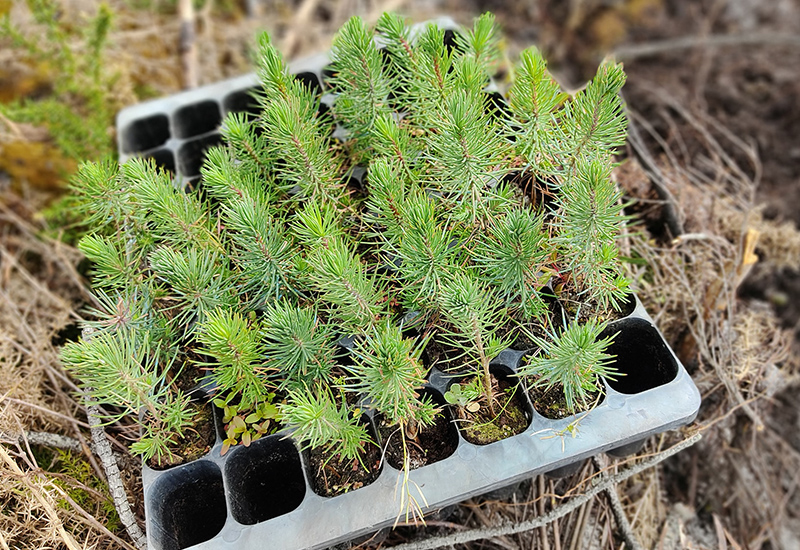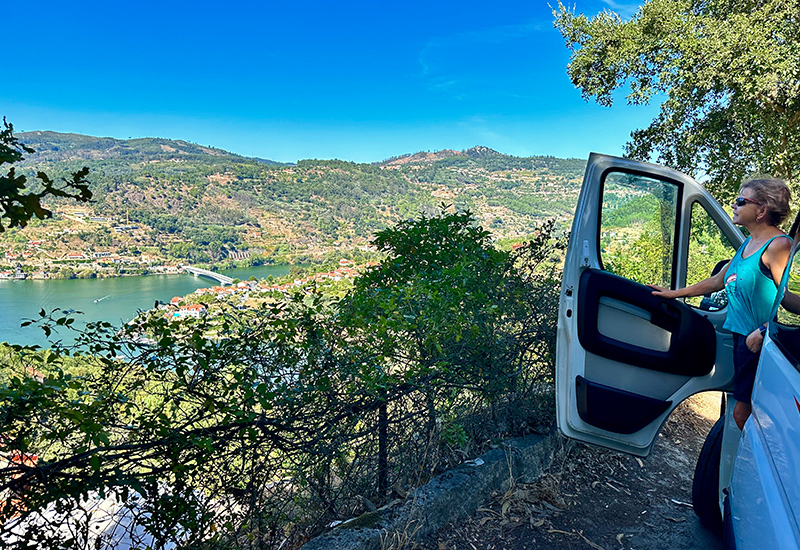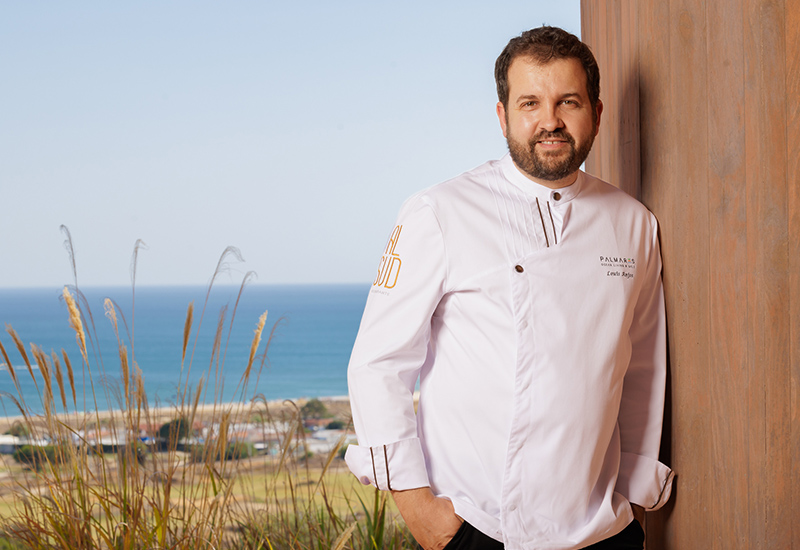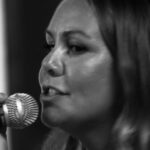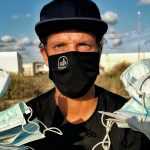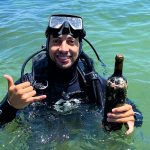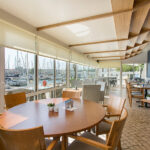By Sílvia Carvalho D’Almeida
Andreas Noe, a German citizen, left his job as a molecular biologist to pursue his dream of raising awareness about the excessive use of plastics and their release into the ocean.
As I write this, he is travelling to the Algarve for several clean-up operations. His goal is to clean cigarette butts from the beaches, and several Portuguese NGOs have joined his efforts to open the minds of Portuguese people across the country.
Andreas has already adopted Portugal as a place he “feels at home” and does not intend to return to Germany. He is even learning to speak Portuguese and could proudly pronounce some words.

He considers Portugal “a beautiful country” for surfing, his other passion besides the environment. Last year, he walked every single kilometre of the Portuguese coastline and collected 1.60 tons of plastics from its beaches. He carried a refillable water bottle to alert people to the planet’s waste of resources and pollution.
Andreas did not feel fulfilled by doing a conventional job, so instead he decided to take action to tackle a cause close to his heart. When I ask him how he is managing to survive while not working, he says: “I will continue doing this until I run out of money.” He also relies on people’s donations and some occasional agreements with municipalities and companies. His crusade is “not easy”, but he maintains a strong will to pursue his objectives. Now he can, at least, count on the regular financial support of the Novo Mundo Association in Almada, but any additional help is welcome.

His primary purpose with his campaigns is to “show where the ocean starts: it is with us – in every little action we perform”. As Andreas says, the pollution at the beaches does not start at the coastline, but in other places where there are rivers that run to the sea, taking rubbish with them. He explains he did not choose Portugal because the problem is more evident here but because it has a more extensive coastline.
Regarding possible measures to tackle the problem of plastic usage, especially of single-use, Andreas explains people must become more conscious of the three words “refuse, reuse and recycle” in this order. As consumers, we can refuse to buy plastic, but when this is not possible, we must use them as many times as we can, recycling being the last resource. “People should not rely only on the recycling process because not every plastic is recyclable, and it consumes a lot of energy resources.”

He argues the usage of glass is more sustainable, and glass containers should be washed and refilled – reused instead of recycled. He is also of the opinion that there should be legislation that forbids the use of plastics by companies in the short term, and they should use more environmentally friendly wrappings to their products.
Andreas talks at schools and universities about this global problem. As a molecular biologist, he is well-qualified to offer advice, with all his opinions being based on the latest scientific data.
www.instagram.com/thetrashtraveler
